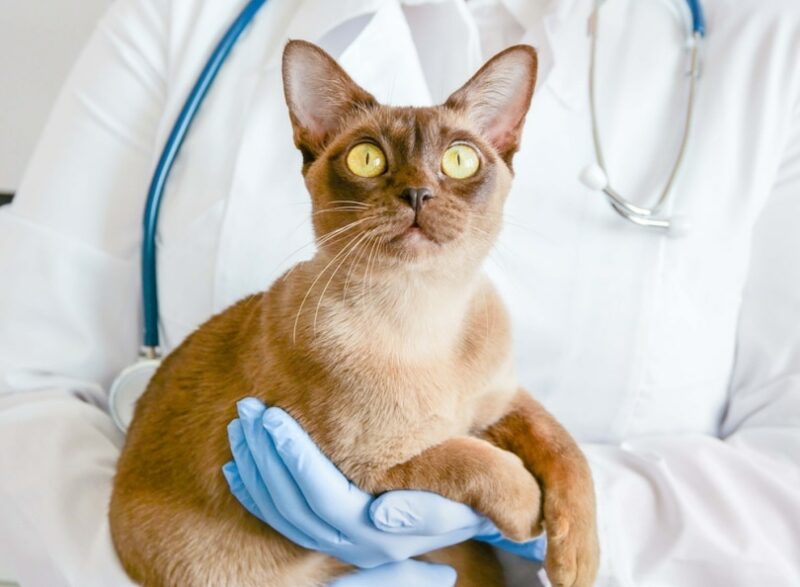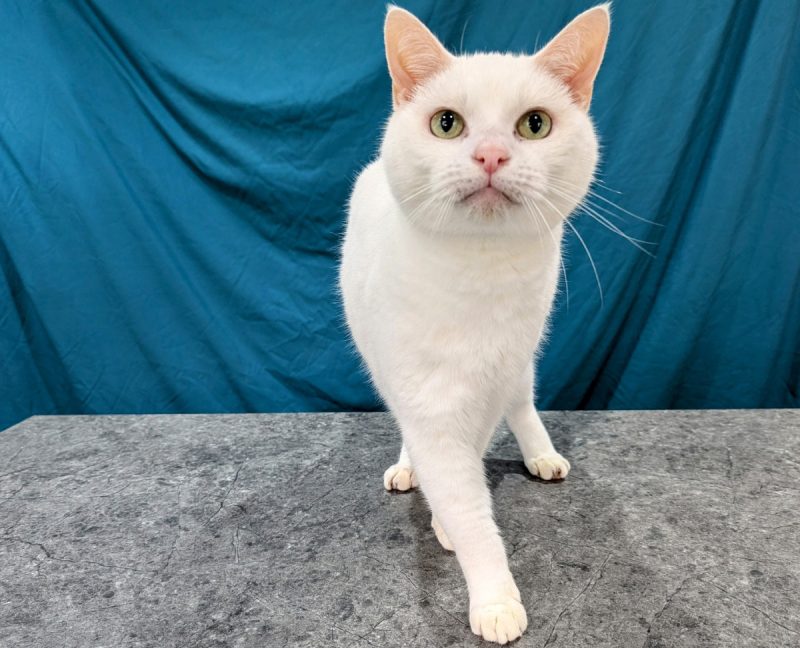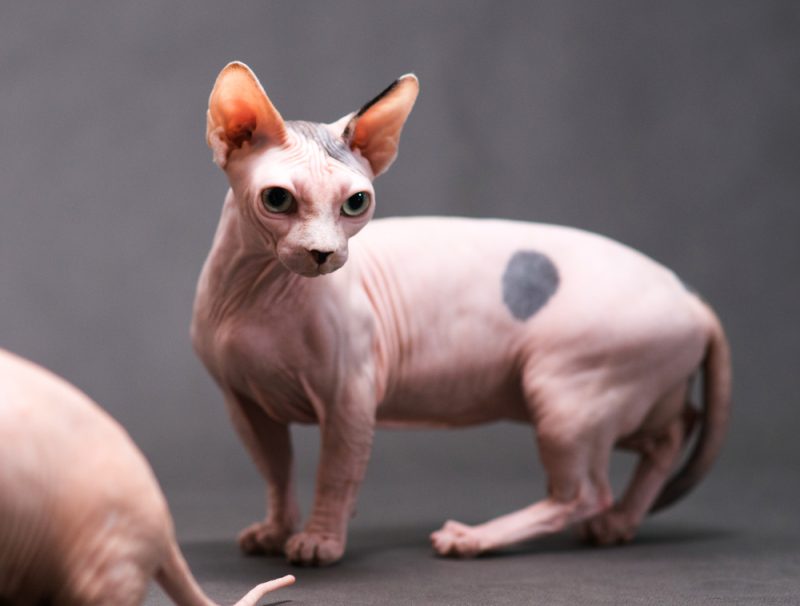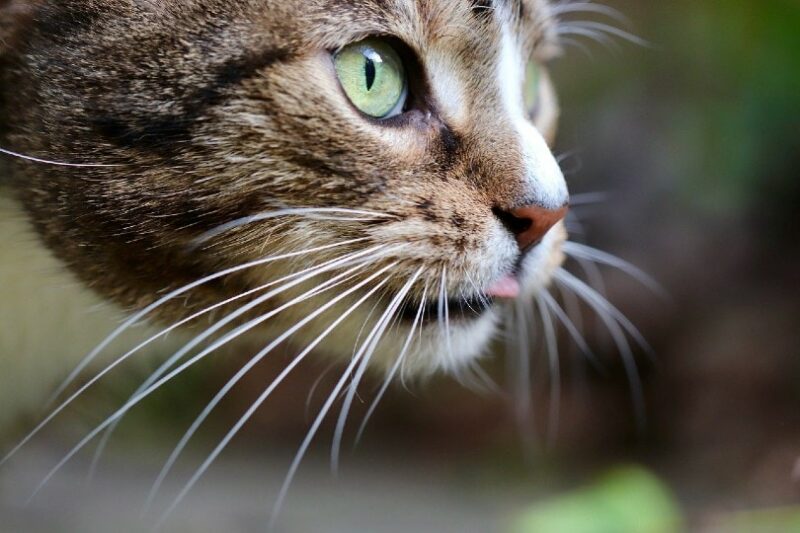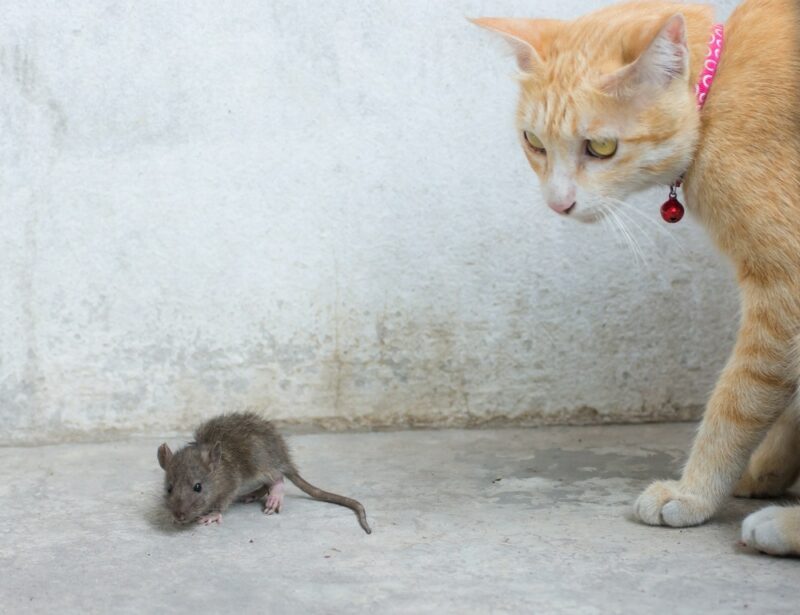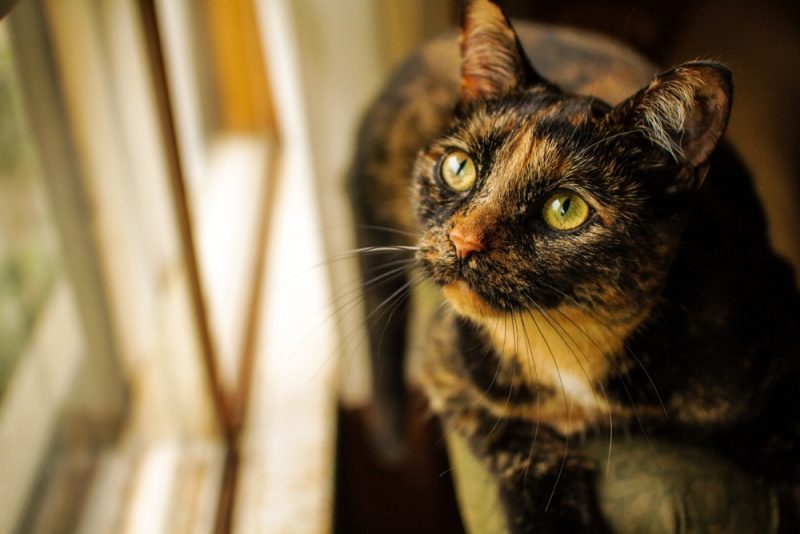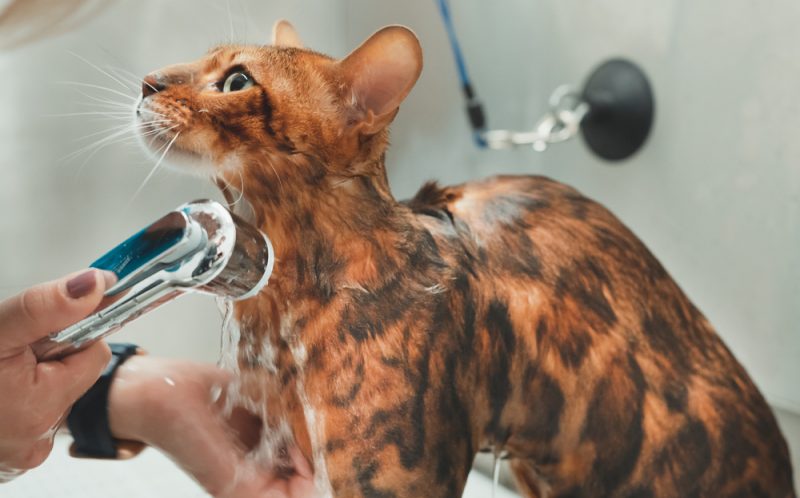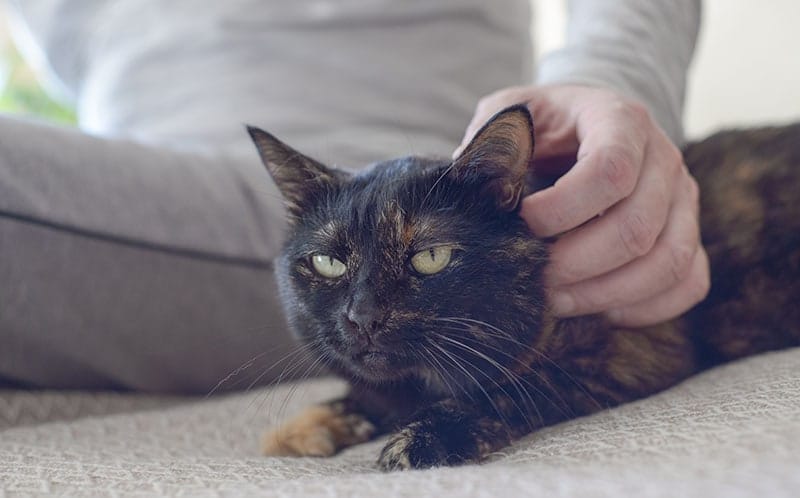Unfortunately, cats can get cancer, just like every other species, humans and animals alike. Like in people, cancer in cats is less common in younger cats and more common as cats get older, especially after the age of 10 years.
There are two main types of cancerous growths: malignant, which means the cancer tends to be invasive or cause negative impacts on the body, and benign, which represents a growth that may not be normal but tends to be non-invasive and generally not harmful to the individual.
Generally, cancer is one of the top 10 diseases seen in cats over the age of 10 years. There are a variety of different types, and understanding the common ones is a good starting point for further education. So, let’s take a look at them.

Lymphoma
This is a cancer that most often affects the gastrointestinal tract, which means the stomach or the intestines. It can be of varying severity. For instance, low-grade lymphoma can be responsive to a few different medications and therapies, though not indefinitely. High-grade, or more malignant, lymphoma can require intensive treatment and not be very responsive to treatment at all.
Other treatment options might include vitamin supplements (in particular, B12) or probiotics. A vet can discuss how these may play a role in your cat’s therapy.
Need veterinary advice but can't get to the clinic? Catster recommends PangoVet, our online veterinary service. Talk to a vet online and get the answers and advice you need for your cat without having to leave your living room — all at an affordable price!

Skin Cancers
Skin cancer in cats may not be the most common cancer, but it is common enough—especially in sunny environments—that it is worth knowing about.
Squamous cell carcinomas arise predominantly from sun exposure and are therefore more common in areas where cats, especially white or light-coated cats, get lots of sun exposure.
Mast cell tumors are another common form of skin cancer in cats. These cells are normally found in the feline skin but can cause issues like itching or act like growths or masses, particularly around the face and trunk/arms of the body.
Many mast cell tumors in cats are benign, but some can cause widespread issues, so it is best to identify them early.
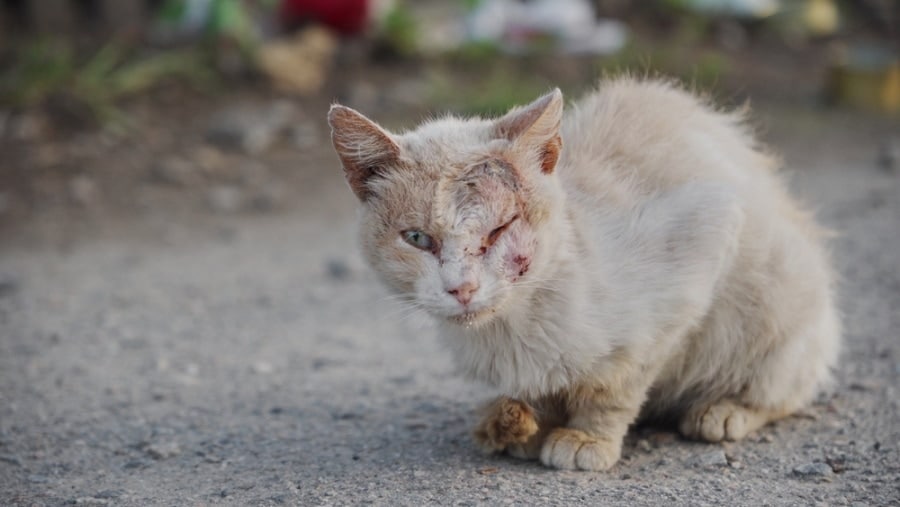
Kidney Cancer
This is not always a common issue in cats, but since felines are prone to kidney issues in general, it is one to be aware of.
The most common feline kidney cancer is lymphoma, which often presents with one kidney being larger than the other. This then impacts the kidney function. In general, this is one of the more difficult feline cancers to treat.
Fatty Cancers — Lipomas
Although fatty cancer, or lipomas, fall under the term of a cancer, they are generally growths of fat that cause no concern. These tend to be more common in dogs but are certainly seen in cats, especially as they age.
Lung Cancer
Lung cancer in cats can be quite severe and often presents with very little warning. Some cats show signs of coughing, while other cats show weight loss.
Many cats show no clinical signs at all, and the lung cancer is captured on X-rays that are performed entirely for other reasons. Some of these cancers can, therefore, take a long time to actually cause illness. In general, they are difficult to treat.
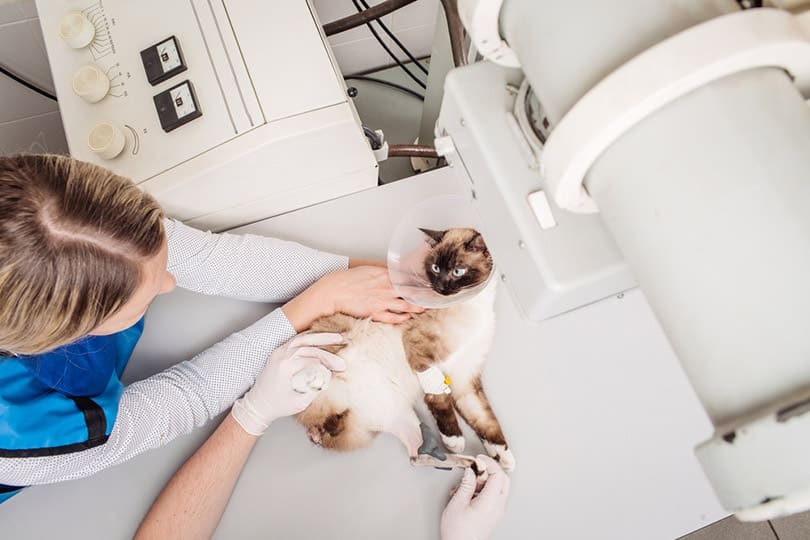
Oral (Mouth) Cancer
Oral cancers in cats seem to be increasing, though they generally cause issues in older cats. The cancers in the mouth tend to be very invasive, even into the bone of the jaw, and often cause severe pain for cats.
Young cats can develop cancer related to viruses. The likelihood of this depends on the geographic location of the cat, as well as their prior history. Outdoor cats, especially those in areas where vaccination is not common, are more likely to develop these issues. Feline leukemia virus is a prime example of a virus causing cancer, particularly in the lymph tissue, of young cats.
What Are Signs My Cat Has Cancer?
Common clinical signs in cats with cancer include:
- Weight loss
- Loss or decrease in appetite
- Drooling
- Vomiting
- Decrease in activity/lethargy
- Bad breath

Conclusion
No one ever wants to hear that their cat has cancer. But with regular vet check-ups to monitor weight and get a good physical exam, you can stay on top of your cat’s health.
Many cancers can be detected early, which gives your cat a better chance of fighting them. Cancer is something that can surprisingly be detected earlier than most pet owners appreciate. So, being proactive, getting your cat an exam, and sharing any concerns with your vet are great options that go a long way in keeping your cat healthy!
See Also:
- Skin Tumors in Cats: Histiocytoma Explained (Vet Answer)
- How to Prevent Urinary Tract Infections in Cats
Featured Image Credit: Elpisterra, Shutterstock
